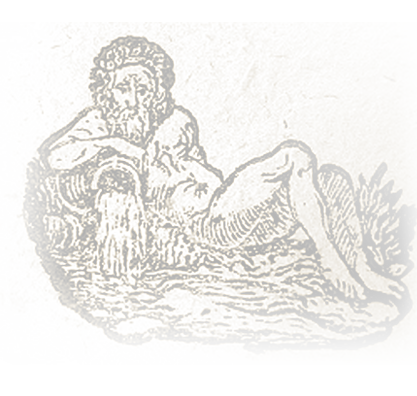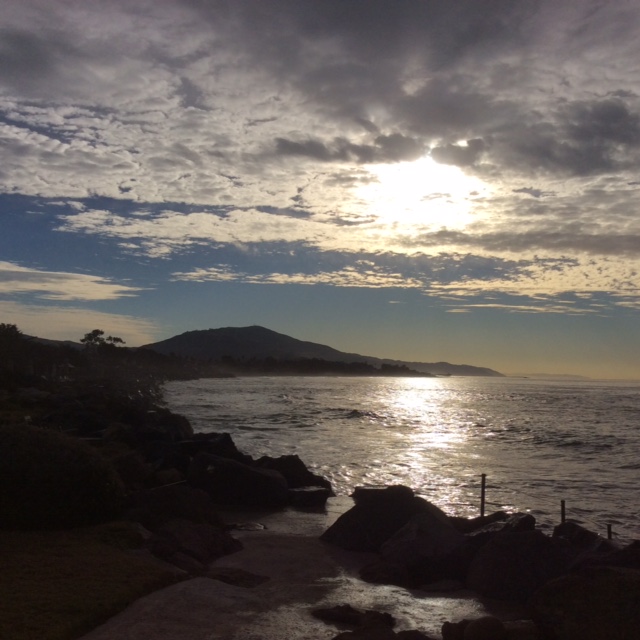The Human Soul (lost?) in Transition, at the Dawn of a New Era
The post-modern condition is characterized by a multitude of perspectives and narratives, challenging the view and the value of central, universal truths.
The changes generated by this existential condition affect the individual as well as society, the experience of interiority as well as the perception of external reality. In cyberspace, the internal and the external sometimes converge, persona and shadow may merge, and the ego’s sense of identity may become detached from its roots in the Self.
The Transient Personality, who traverses time, space, narratives and a plenitude of faces at great ease, but does not stay in one place – neither in external reality, nor within - is better adjusted to this post-modern world than most of us.

From the Introduction
“I am indeed convinced that creative imagination is … the real Ground of the psyche, the only immediate reality.”
C. G. Jung, Letters, vol. 1, p. 60.
The aim of this book is to present a depth psychological perspective on phenomena pertaining to the present, post-modern era. As such, its origins are in the depths; symbolically, in the depth of the waters, in which the sacred is reflected. Likewise, this book centers around the image, which has travelled from the forbidden zone of the transcendent command “make no graven image,” through the interiority of the human soul, to become an exteriorized, computerized, robot-generated image that virtualizes as well as augments reality.
When listening to the brilliant young men and women at the forefront of today’s applied science, those that hold the trigger to the chips and the apps of the future, one cannot refrain from being amazed at their confident conviction that technology is the remedy of all ills, and the foundation of all future virtues.
I do admit that this book is an attempt to cause a slight crack in the confidence, to whisper in the ears of the triumphant heroes of tomorrow’s world, “you are also mortals.” I believe that many of them, young, brilliant and victorious, are unaware that unimpeded promises for the future are inevitably accompanied by no less powerful fears of the apocalypse, fears that when least expected rise like monsters from the shadows.
While I am not a Luddite, I cannot help but recall how environmentalists a century ago welcomed the automobile,
In cities and in towns the noise and clatter of the streets will be reduced, priceless boon to the tired nerves of this overwrought generation. … On sanitary grounds too the banishing of horses from our city streets will be a blessing. Streets will be cleaner, jams and blockages less likely to occur and accidents less frequent, for the horse is not so manageable as a mechanical vehicle.
......
Links
The Human Soul in Transition – an Interview with Bonnie Bright
The post-modern condition is characterized by a multitude of perspectives and narratives, challenging the view and the value of central, universal truths.
The changes generated by this existential condition affect the individual as well as society, the experience of interiority as well as the perception of external reality. In cyberspace, the internal and the external sometimes converge, persona and shadow may merge, and the ego’s sense of identity may become detached from its roots in the Self.
The interview centers around aspects of these changes, and the implications for the human psyche, and was a part of the online "Earth, Dreams, Climate" symposium, at the Depth Psychology Alliance.
Erel Shalit's book The Human Soul (lost?) in Transition, at the Dawn of a New Era is forthcoming.
Links to blog posts
The Human Soul in Transition – an Interview with Bonnie Bright
Assisi Vision Lecture - Will Watson's Grandchild Write Poetry?
The Human Soul: Lost in Transition at the Dawn of a New Era - audio recording of Pacifica lecture

























